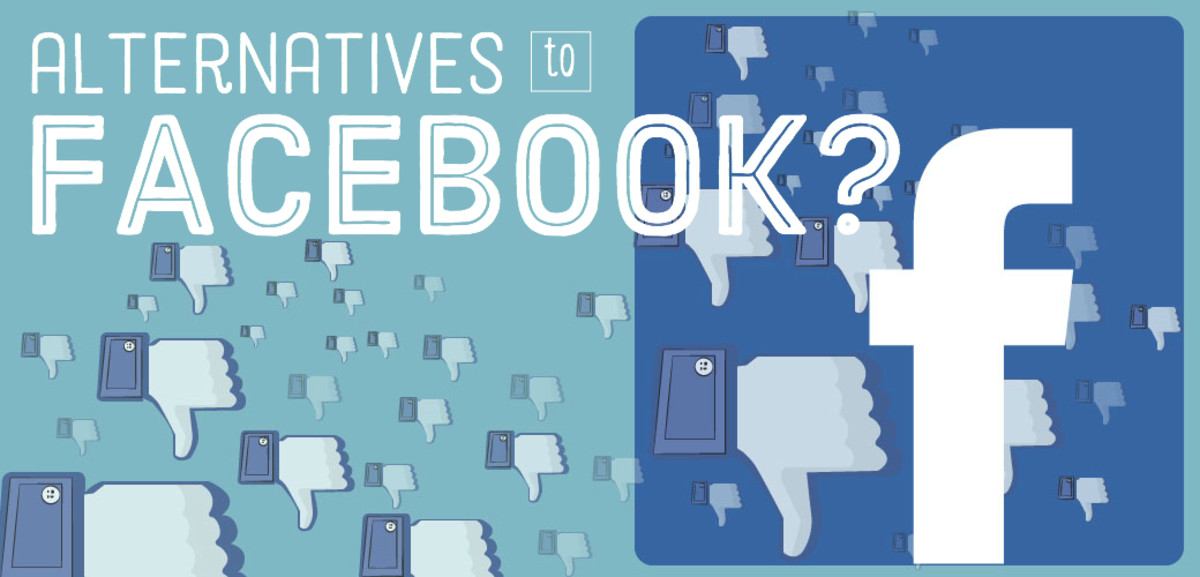Why posting personal information on the Internet is not wise and how to protect your net-related privacy?
We use the Internet more than ever – to conduct business, connect with our family and friends, shop and manage our finances, it’s important be savvy about safety online.
There are hundreds of websites that give away our personal information, sites like 411.com (U.S), 192.com (U.K.), and Yahoo People Search. Given such a trend towards increased cross-site profile linkage, blogs, personal websites, and social networks, when people search is combined with general search engines, any publicly visible ID in the context of other information on the Internet is sufficient to identify a lot about a person, not the least of which is their name, but also their photos (videos), date of birth, background, education, their occupation and the company they work for, their marital status, family, their peculiar tastes in clothes and eating, spending habits, hobbies, political views, religious beliefs, sexual orientation, …, even their home address (location) and phone number.
Posting personal information on the Web is not wise, it might seriously hinders your life or your children's, and even be dangerous. Often sensitive personal information on public websites may cause identity theft, net-related violence, net sex crimes against kids, and online manhunt.
Online manhunt
The online manhunt usually starts with thousands of individuals on the Internet self-mobilizing with one goal in mind—digging out the personal information of targeted individuals.
The practice has been in China since the Internet expanded into Chinese homes in the late 1990s. It relies on the input of netizens toward a common information pool, much akin to sites like Wikipedia.
In December 2007, a Chinese woman Jiang Yan jumped to her death from her flat’s window after finding out that her husband Wang Fei was having an affair. she wrote of her misery on her blog. The contents of this “death blog” were quickly posted online, and the online hunt for her cheating husband began.
Wang soon found himself on top of a "most-wanted list" on the Internet. Net users sniffed out and placed his photos, addresses and phone numbers on major portals for all to see and abuse. Expletives were painted on the door of his home, accusing him of killing his wife. Strangers contacted the company where Wang and his lover worked. The company later suspended the couple and they were reportedly forced to resign.
Social networking sites
If you think it's not likely that you will become the target of an online mass manhunt, then read the following stories about how Facebook messages can betray you.
(December 2008) A supermarket worker who phoned in sick but then went out and posted pictures on Facebook is facing disciplinary action. Shelf-stacker Tom Stones was "shopped" to managers after posting that he had enjoyed "a good night". Mr Stones, who earns £6.20 an hour, called in sick for a 6pm-10pm shift saying he felt ill, but later said on Facebook: "Tom had a good night xxx." The 22-year-old, who works at the Tesco store in Brockworth, Gloucester, has now been summoned to disciplinary hearing.
He is the latest employee to discover the perils of publishing personal information on the Internet. Last month, Virgin Atlantic sacked 13 cabin crew members who used Facebook to criticise the airline's safety standards and call passengers 'chavs'.
Change privacy setting to “Only friends” is not secure enough
In July 2008, Facebook had accidentally revealed personal information about its members during the public beta tests of its new profile design for members. The full dates of birth of many of Facebook's 80 million users were visible to others, even if the member had requested the information remain private.
Although Facebook fixed the problem soon, can people feel confident that this kind of mistake won't happen again in future or in other social networking sites?

Tips to protect your privacy & minimize chance of Internet fraud
1. Keep anonymous online
Do not reveal personal information inadvertently
Most of the computer programs, like email handlers and browsers, have options that you can set to specify personal details, and many forums or websites ask personal information when you sign up. Leave them blank or if the system insists, then give a reasonable looking but fictitious name and a fake birth date as a precaution.
Don't log on to surf a site if you don't have to; If you are really eager to express your view, log in anonymously or use a nick name. Never use your real name as the display name.
While surfing the Internet you leave data traces that can reveal their surfing habits. This information can be gathered by the provider or by secretly observing third parties. You can avoid leaving some Internet traces such as your IP address by access through a proxy server or using an anonymous surfing software to hide your computer identity.
If for certain reasons (e.g. job hunting, conducting business) you don't want be completely invisible online, only publish information that is relevant to your purpose and keep sensitive data from the websites.
2. Use more than one email address so that one is reserved solely for your personal communication
Provide email addresses that do not identify you personally on Web sites that you don’t know or trust.
I always think that a person should have at least three email addresses: one for work-related correspondences, one for family and friends, and one for receiving junk mails and giving out when requested on the Internet. Use email address like 'sadf475@hotmail.com' instead of 'jim.williams@hotmail.com' as your junk mail receiver.
3. Use anti-virus, anti-spyware and firewall software
and make sure it’s up-to-date.
4. Prevent web sites from tracking your activities
Configure your browser or operating system to manage pop-ups, cookies or block specific Web sites to prevent web sites from tracking your activities. Clean up your browser history, Temporary Internet files, cookies on a regular basis.
Use ClearAllHistory you can delete browser history, stored passwords, clear AutoComplete forms and address bar history, delete Temporary Internet Files (cache), delete cookies, empty Windows Temporary Folders (Temporary files directory), clear Clipboard, Recycle Bin content and Recent Documents list.
5. Change passwords on a regular basis
If you have to write down all your account names and passwords somewhere to help you memorize, write on a physical notebook instead of in a file on your computer.
6. Do not reveal personal information to strangers or just-met "friends" in chat rooms, message boards or newsgroups
7. Don't give out credit card numbers in a non-secure environment
If you're making a purchase through a web site, read the company's security policy before you buy. A secure web page will usually have a URL that begins "https" instead of "http", and most browers will alert you to the fact that you are going to a secured (or unsecured) page. A secure server will show on your browser with a closed lock icon at the bottom in Windows, or at the top on Mac.
Avoid accessing personal or private information (e.g. your online banking account) from a computer that is shared at work, library, or webcafe because there is no guarantee that this information is not tracked.
8. If your child belongs to a social networking site
(MySpace, Facebook, Tagged), look closely at what information they have posted in their member profiles and blogs, including photos and videos. Predators, bullies, profanity and threats often occur in these types of sites.








